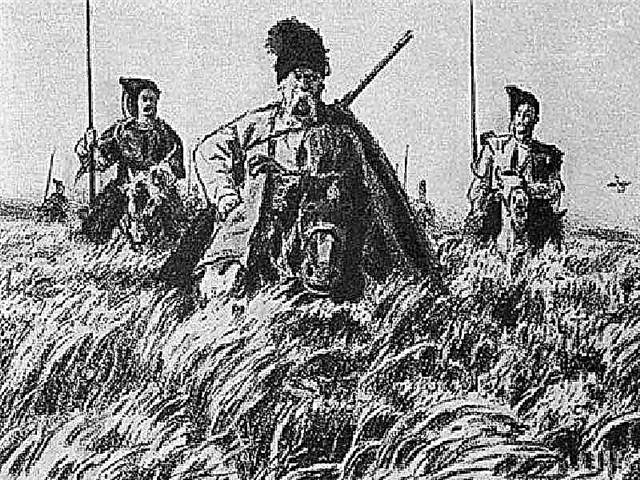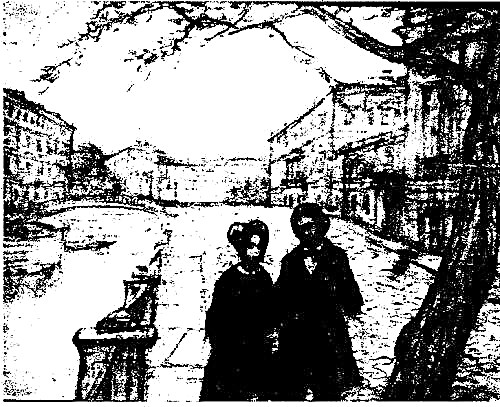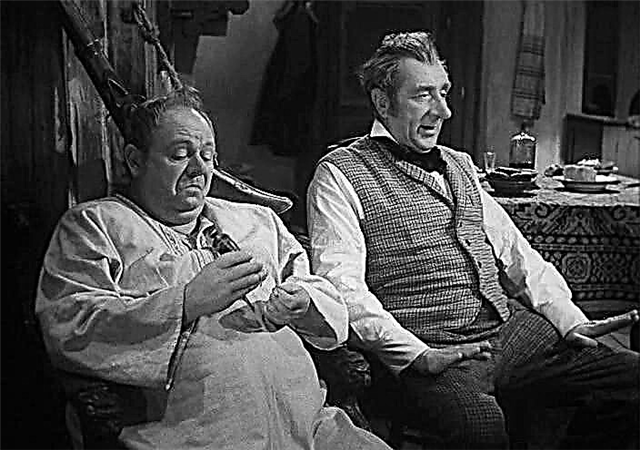For three months, the meaning of life for Albert has been patiently waiting for many hours for his beloved Anna. They agreed that every day, from three to seven hours, he would wait for her, and he patiently waits, each time for hours, and often in vain. Anna does not dare to leave home if her husband is delayed. Painful expectations undermine the strength and efficiency of Albert: he is neither able to read the newspaper, nor even write a letter. It was already the third day that he had not seen her; unbearable hours of waiting lead Albert into a half-mad state of despair. He rushes about the room, losing his mind from longing. Albert and Anna live in an atmosphere of anxious and ardent tenderness, in constant fear that they might inadvertently give themselves out. He likes that their relationship is surrounded by the deepest mystery, but all the more painful to experience days like this. He is tormented by the fear that Anna’s house was suspected of their connection, but most likely, he thinks, Anna is seriously ill and cannot get out of bed.
Albert goes to Anna’s house and sees that all the lights are off and only a ray of light breaks out of her window. How to find out what's wrong with her? He comes up with the saving thought that in the event of her illness, he can through the messenger to know about her health, and the messenger does not need to know who gave him the order. So he learns that Anna is seriously ill with typhoid fever and her illness is very dangerous. Albert suffers unbearably at the thought that Anna could die now, and he should not be seen before her death. But he does not dare to rush upstairs to his beloved even now, fearing to harm her and himself by publicizing their novel. Heartbroken, half-forgotten, Albert wanders around his beloved's house, not daring to go to say goodbye to her.
A week has passed since their last date. Early in the morning, Albert runs to Anna's house, and the servant reports that Anna died half an hour ago. Now, Anna’s tormenting hours of waiting seem happiest in life. And again, the hero lacks the courage to enter the rooms, and he returns in an hour, hoping to mingle with the crowd and go unnoticed. On the stairs he encounters strangers who mourn, and they only thank him for his visit and attention.
Finally he passes into the bedroom to the deceased. At the sight of her, a sharp pain squeezes his heart, he is ready to scream, fall sobbing on his knees, kiss her hands ... But then Albert notices that he is not alone in the room. Someone else, grief-stricken, is kneeling by the bed, holding the hand of the deceased. And it seems to Albert impossible and absurd to sob now in the presence of this man. He goes to the door, turns around, and he finds a contemptuous smile on Anna's lips. A smile reproaches him for being a stranger at the deathbed of his beloved woman and dare not tell anyone that she belonged to him and only he has the right to kiss her hands. But he does not dare to betray himself. The power of shame draws him away from Anna's house, for he realizes that he does not dare to mourn her, like the others, that the dead beloved drove him away because he had renounced her.












